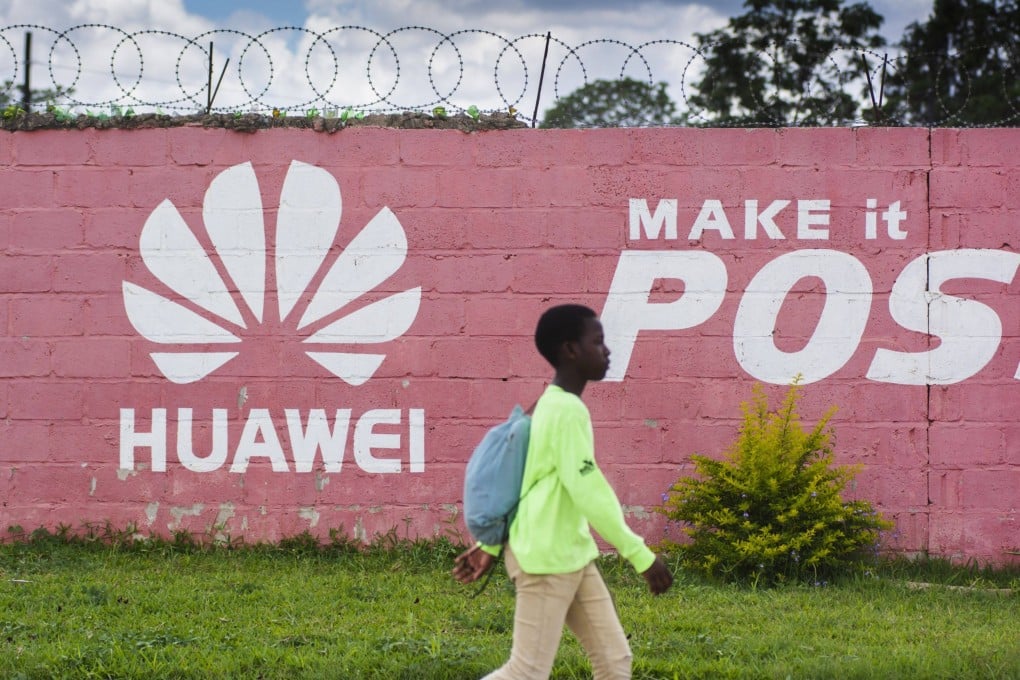The View | EU must treat Africa as an equal if it wishes to counter China’s influence on the continent
- Unlike Brussels, Beijing does not see Africa as a problem but as a continent of opportunity
- China is creating visible change on the continent while Europe, with its paternalistic behaviour and insistence on applying its own values, is struggling to make much impact

European Commission president Ursula von der Leyen announced the package during a visit to Senegal earlier this year, pontificating that Europe is the African continent’s largest and “most reliable” partner. The reality, however, reveals a different picture.
Africa is a primary example of how China’s geopolitical strategy is potentially shifting the balance of power decisively across an entire continent. And the formula is surprisingly uncomplicated. Unlike Brussels, Beijing does not see Africa as a problem, where famine and civil war prevail, but as a continent of opportunity.
Between 1960 and 1997, the West sent in excess of US$500 billion in aid to Africa, almost five times the (inflation-adjusted) amount that the US transferred to Western European economies after World War II.
Unfortunately, this resulted in neither many new jobs nor a noticeable increase in value as the aid focused on improving social infrastructure. What happened instead was an increase in dependence on foreign aid. In fact, by 2005, the budgets of Ghana and Uganda were more than 50 per cent aid-dependent.
But along came China. Between 2007 and 2020, China’s two leading development banks invested US$23 billion in infrastructure projects on the continent, more than the total contributions from Africa’s other eight-largest lenders, including the World Bank, the African Development Bank, and American and European development banks.
.jpeg?itok=HjPEnbzk&v=1747124063)